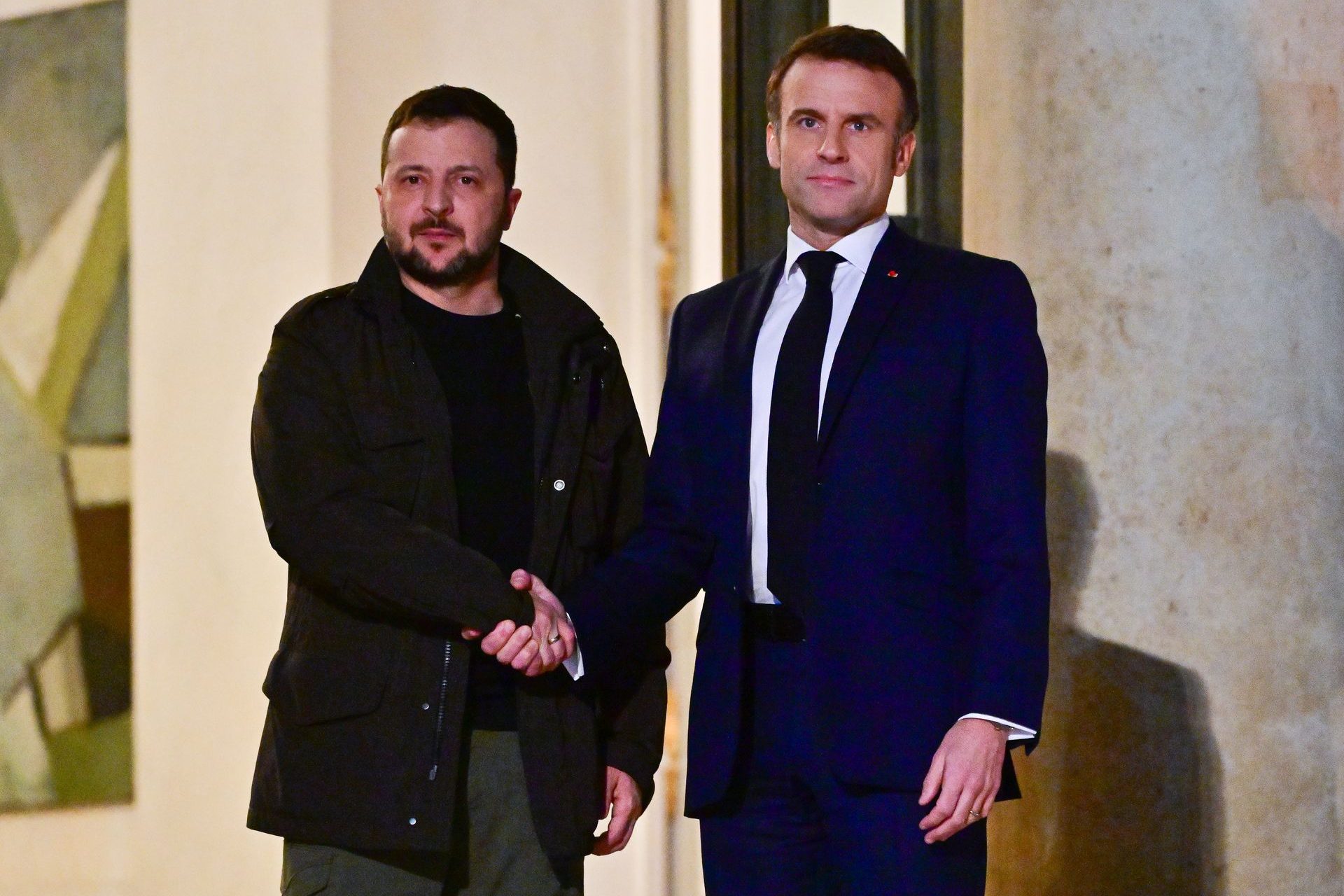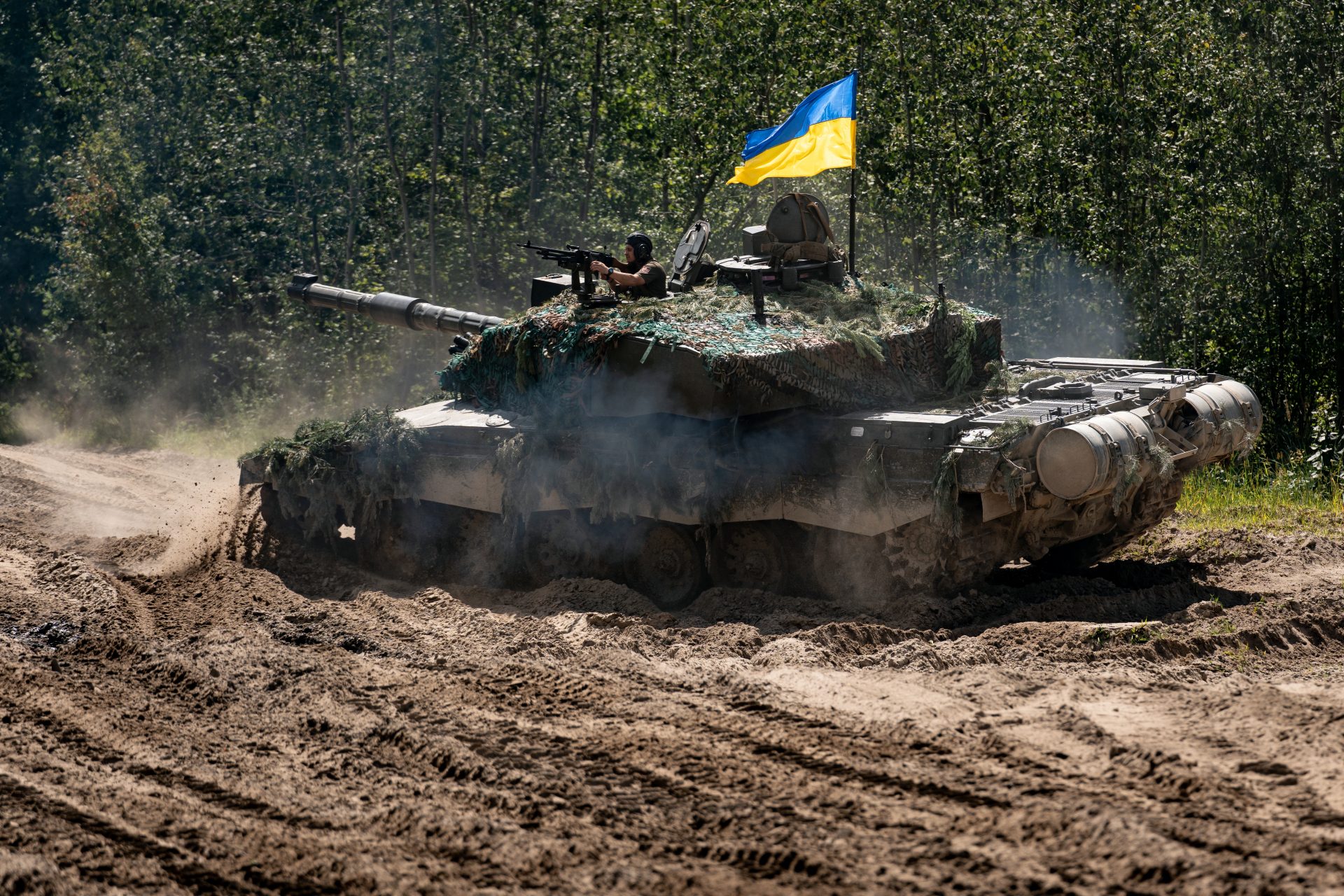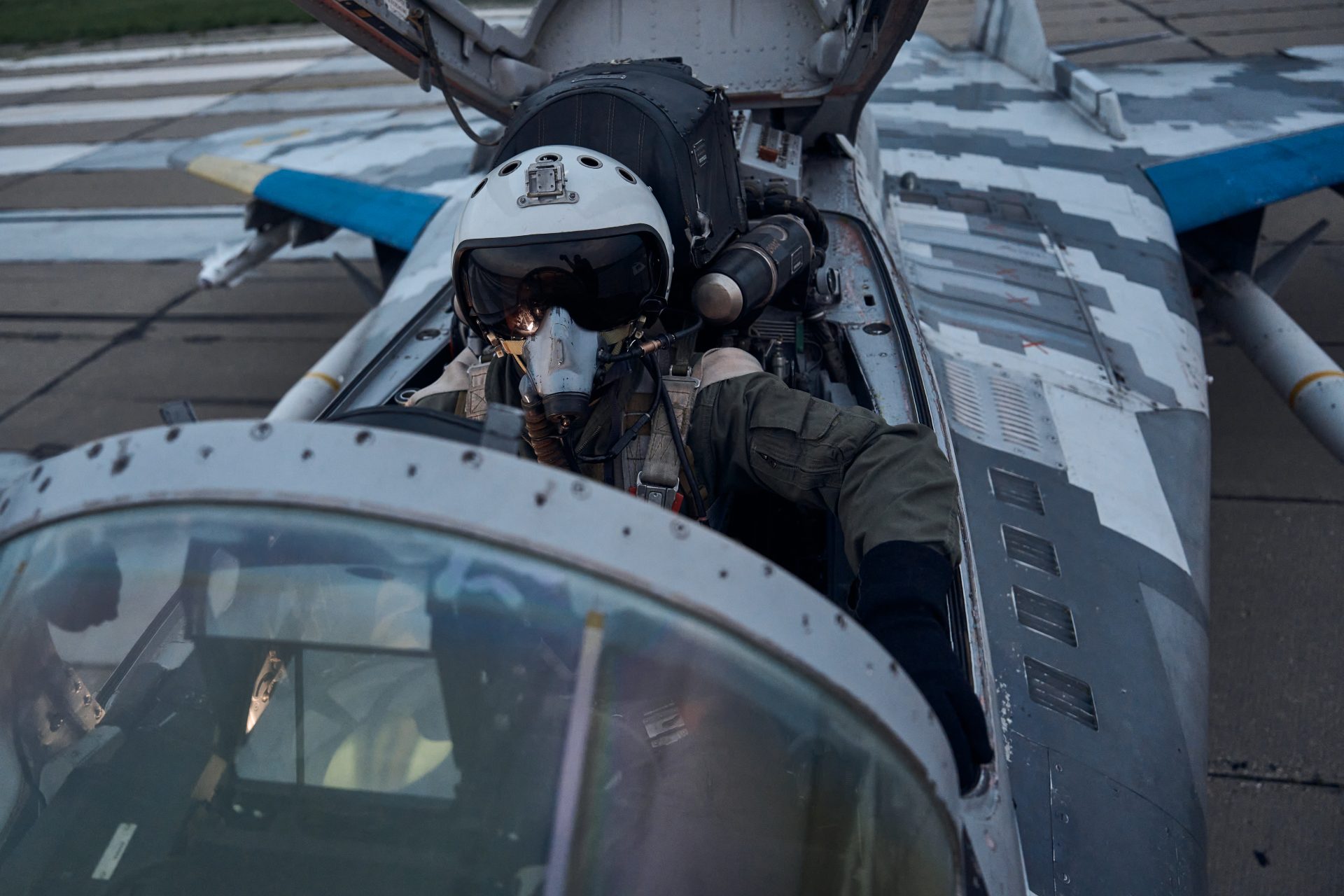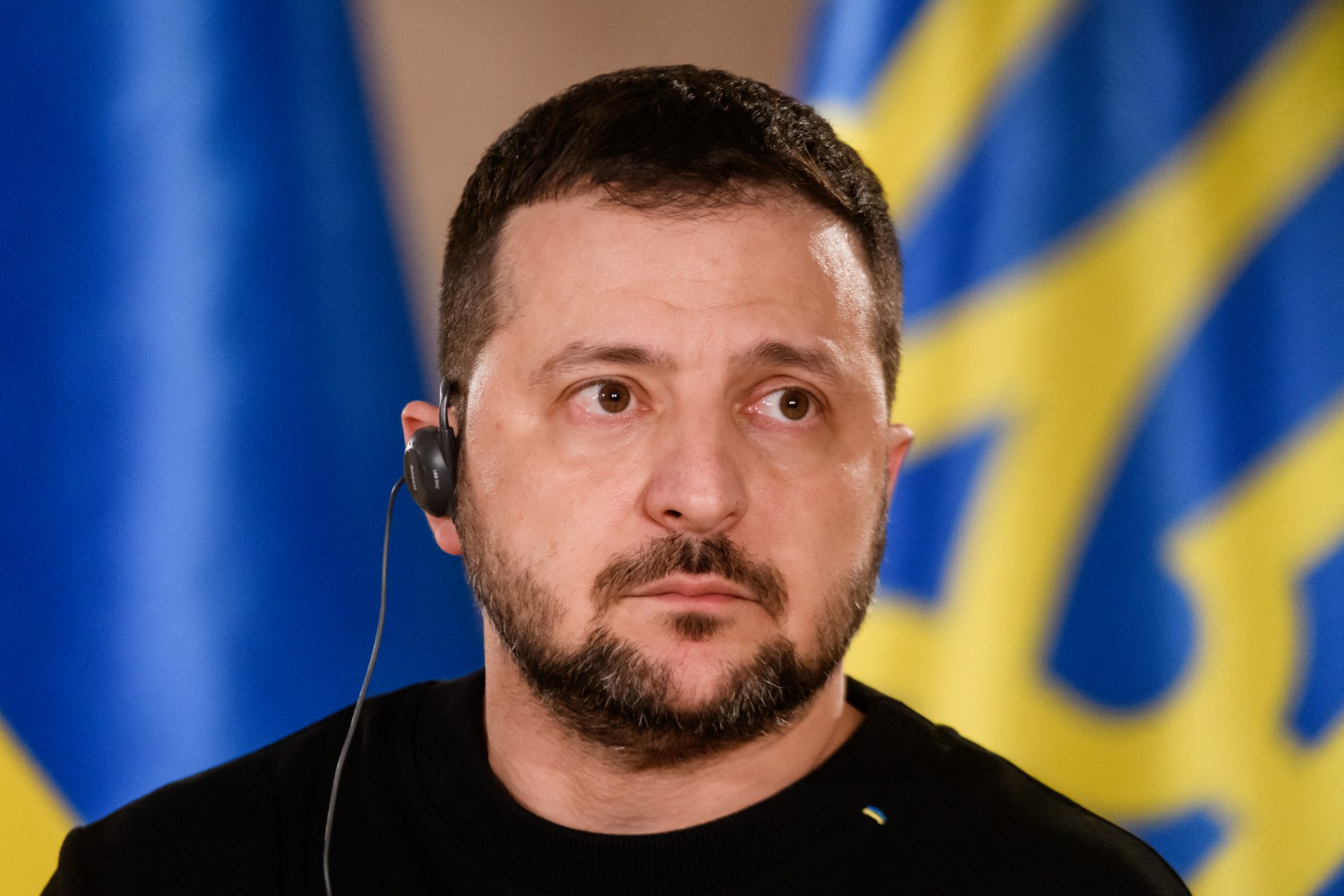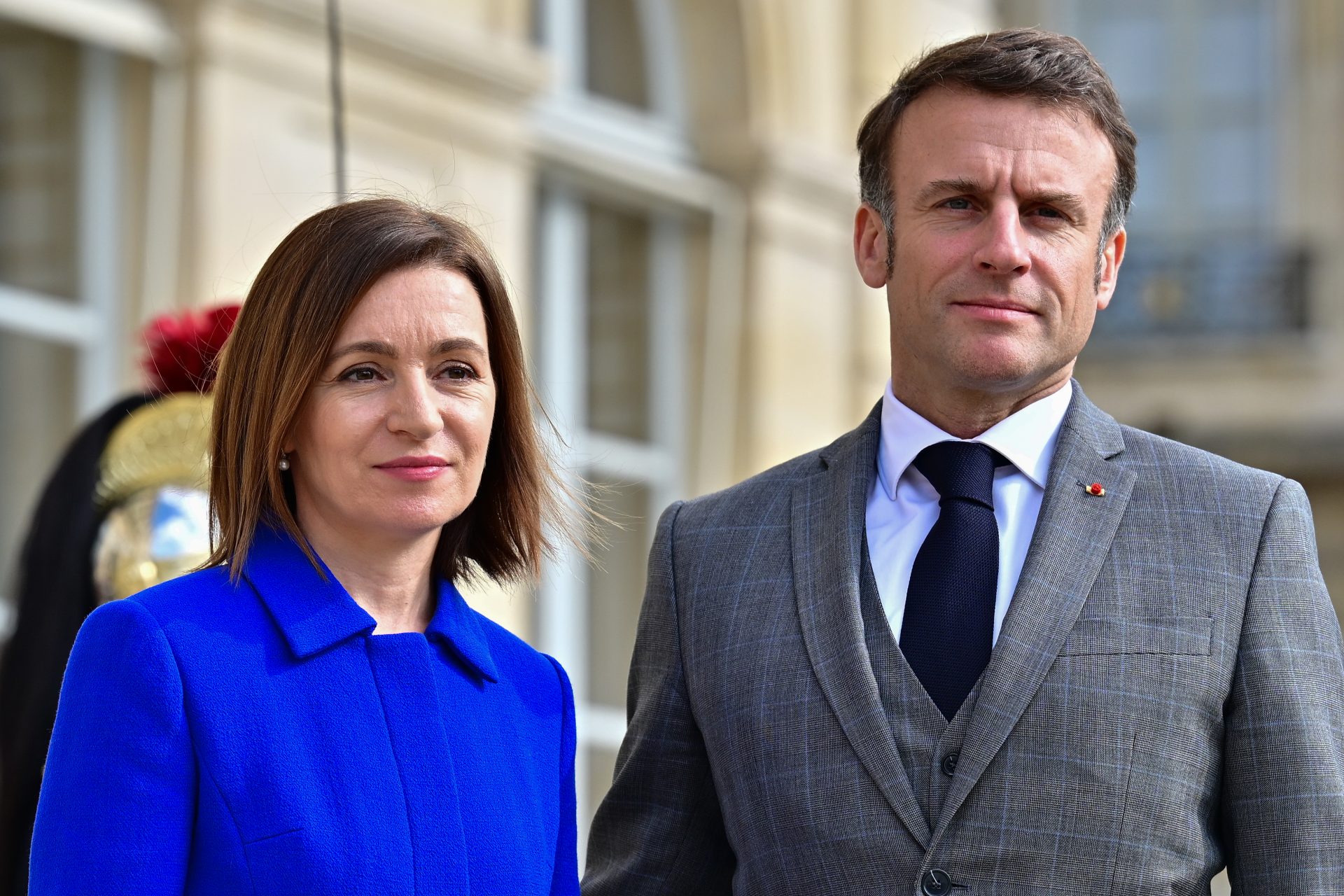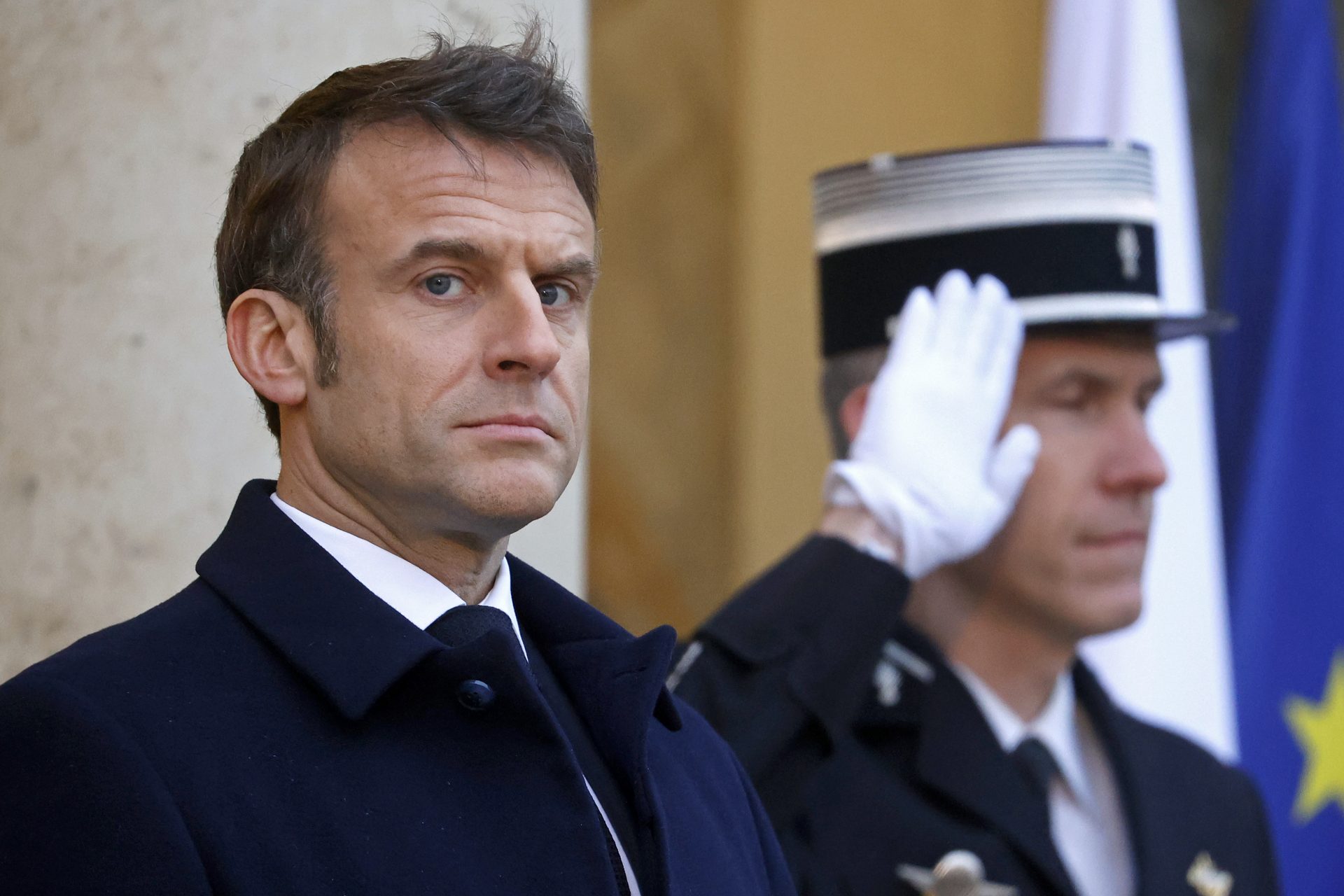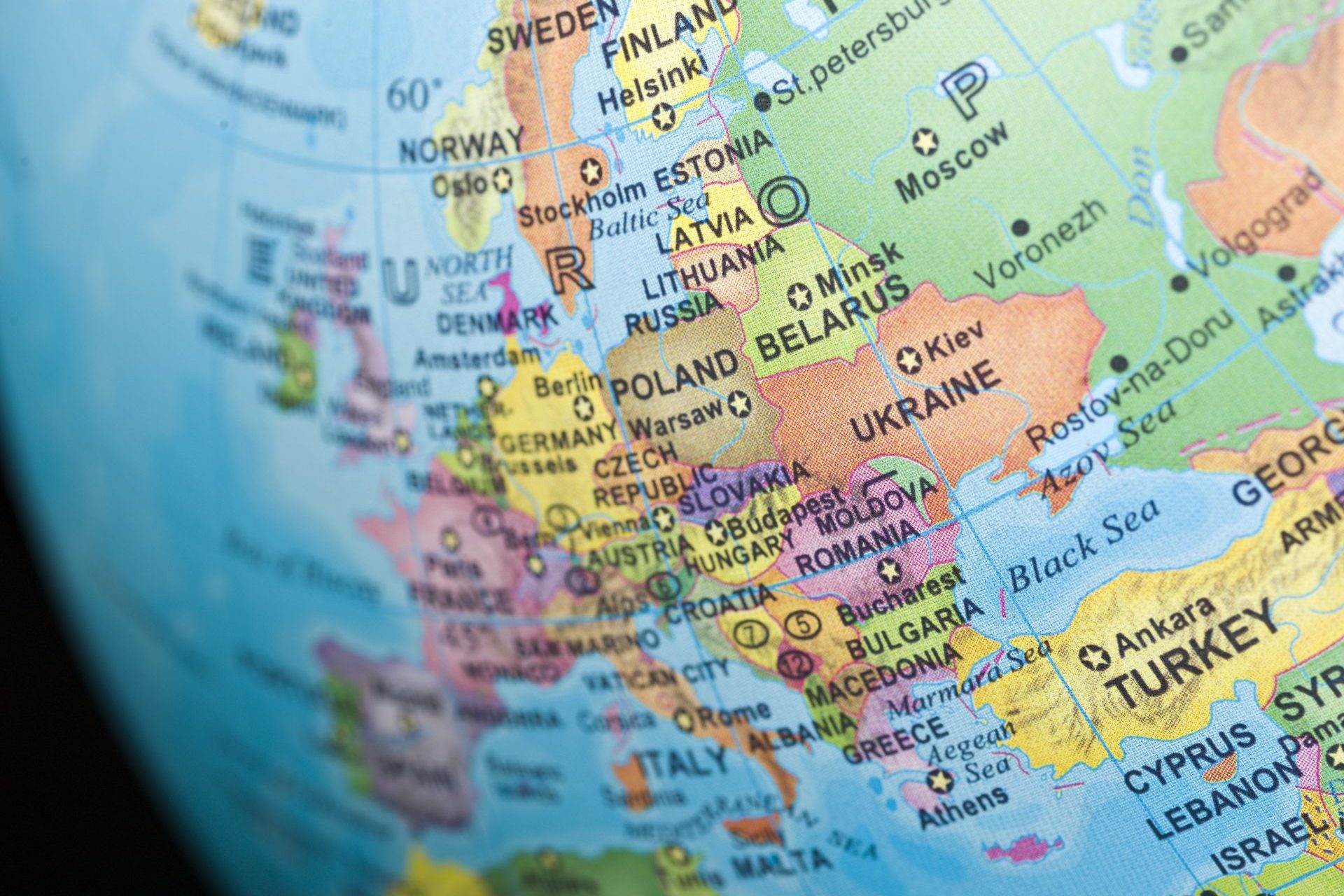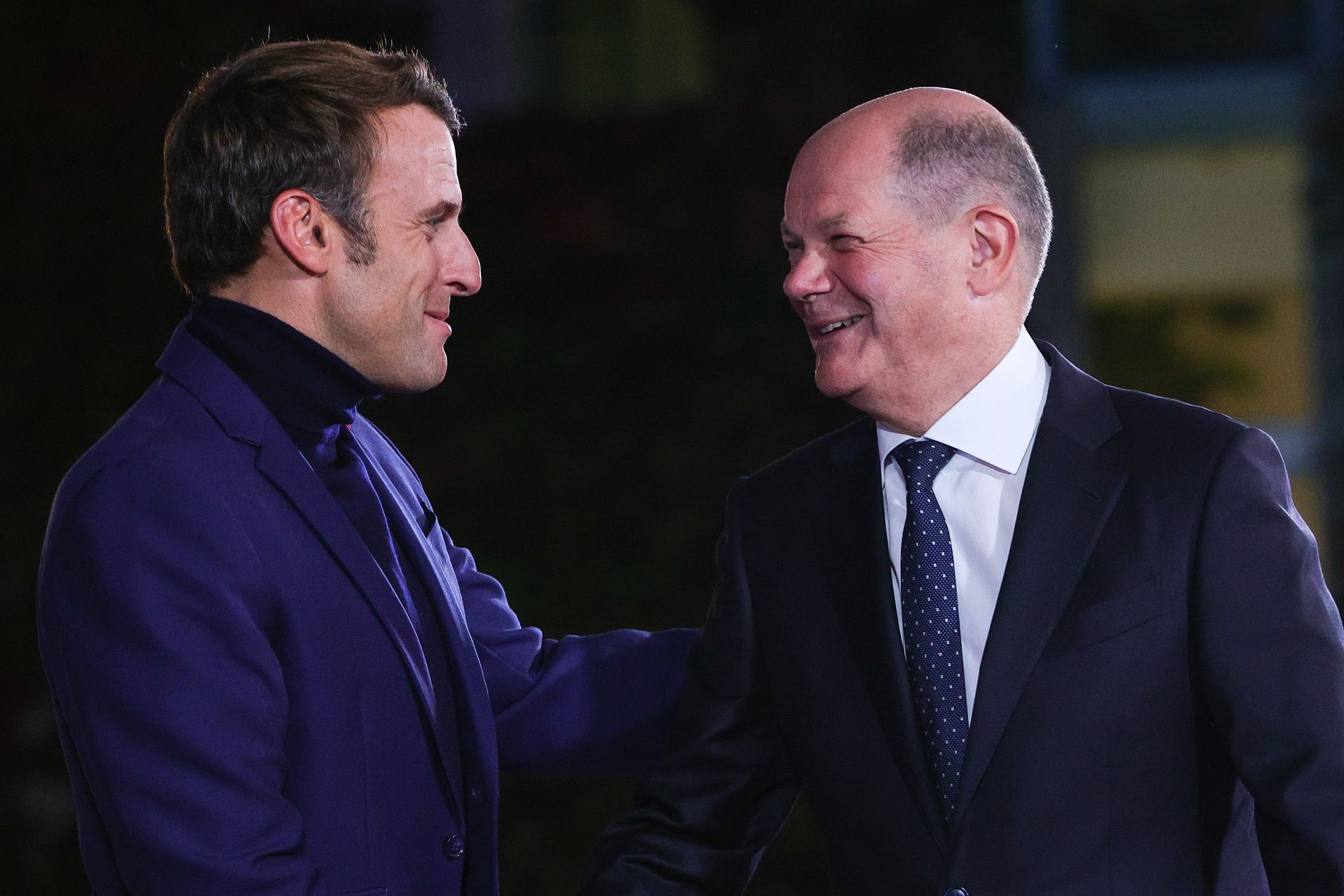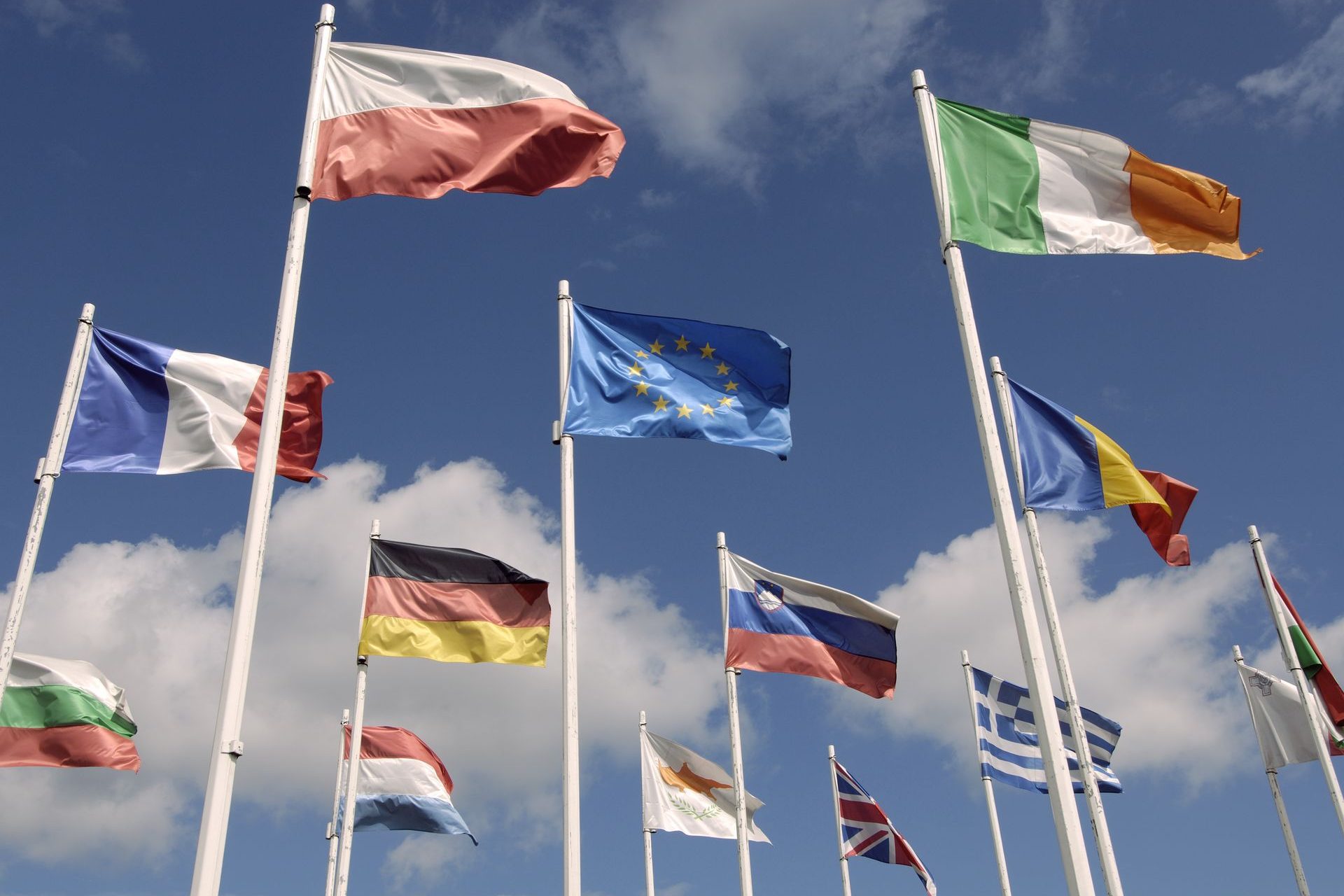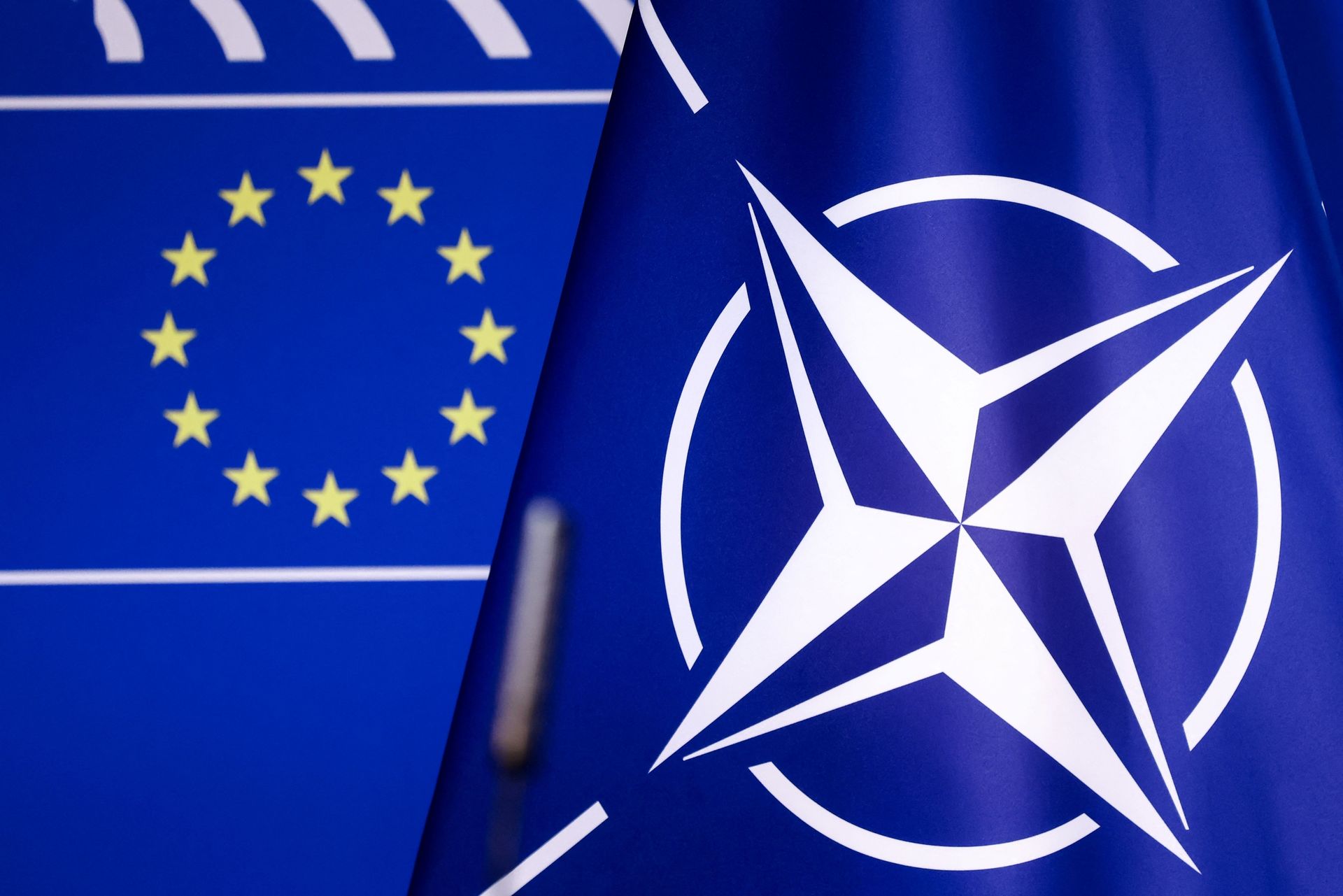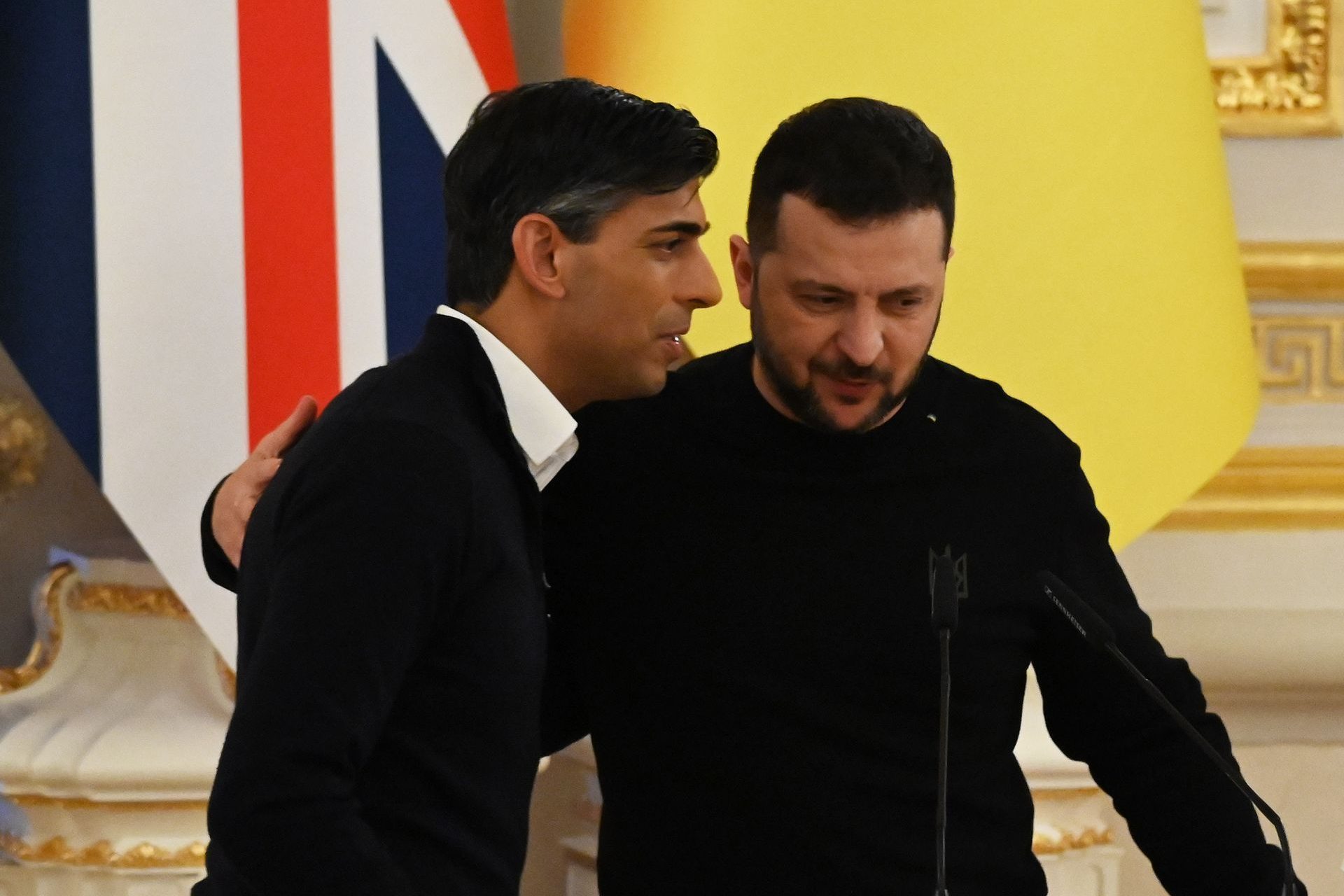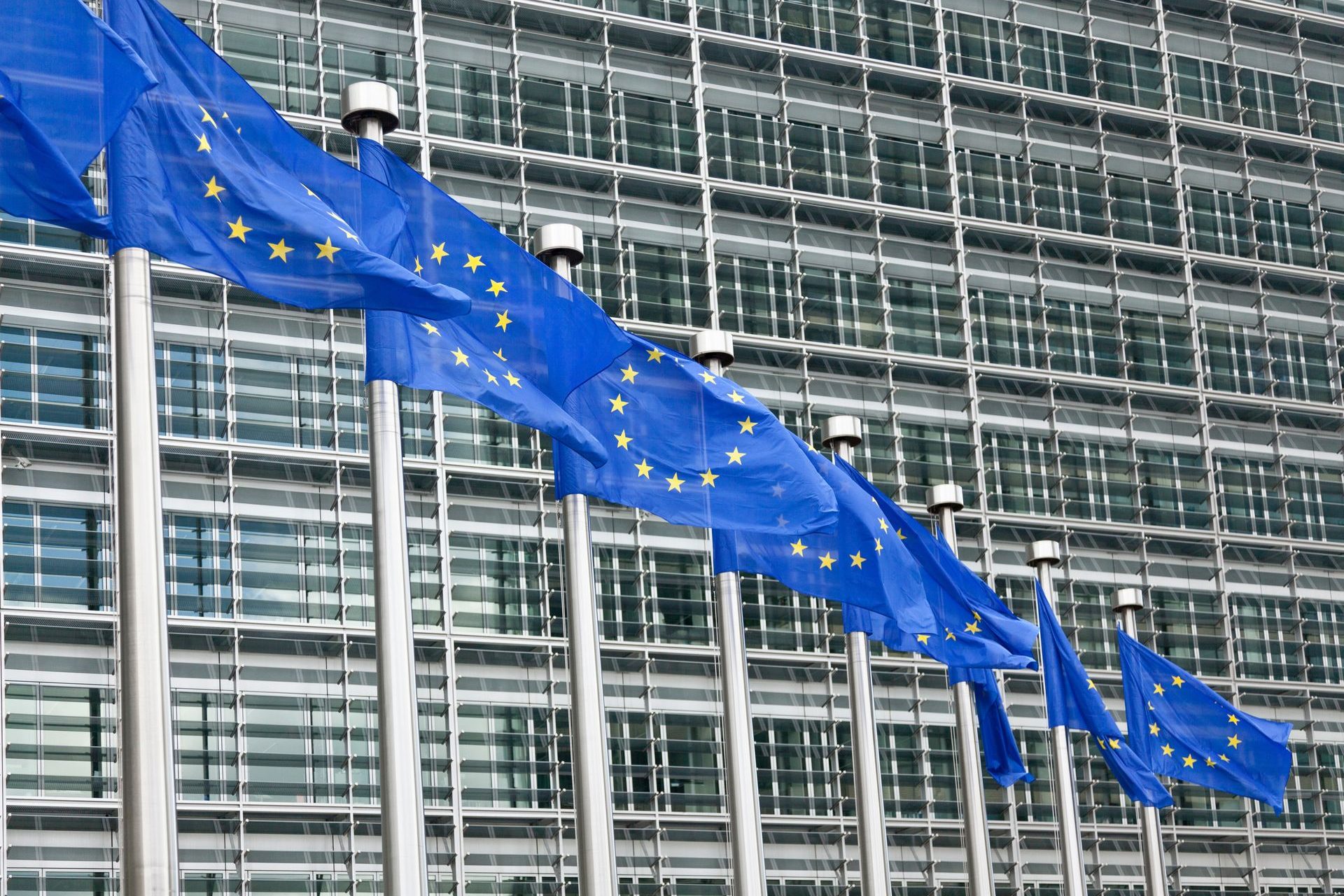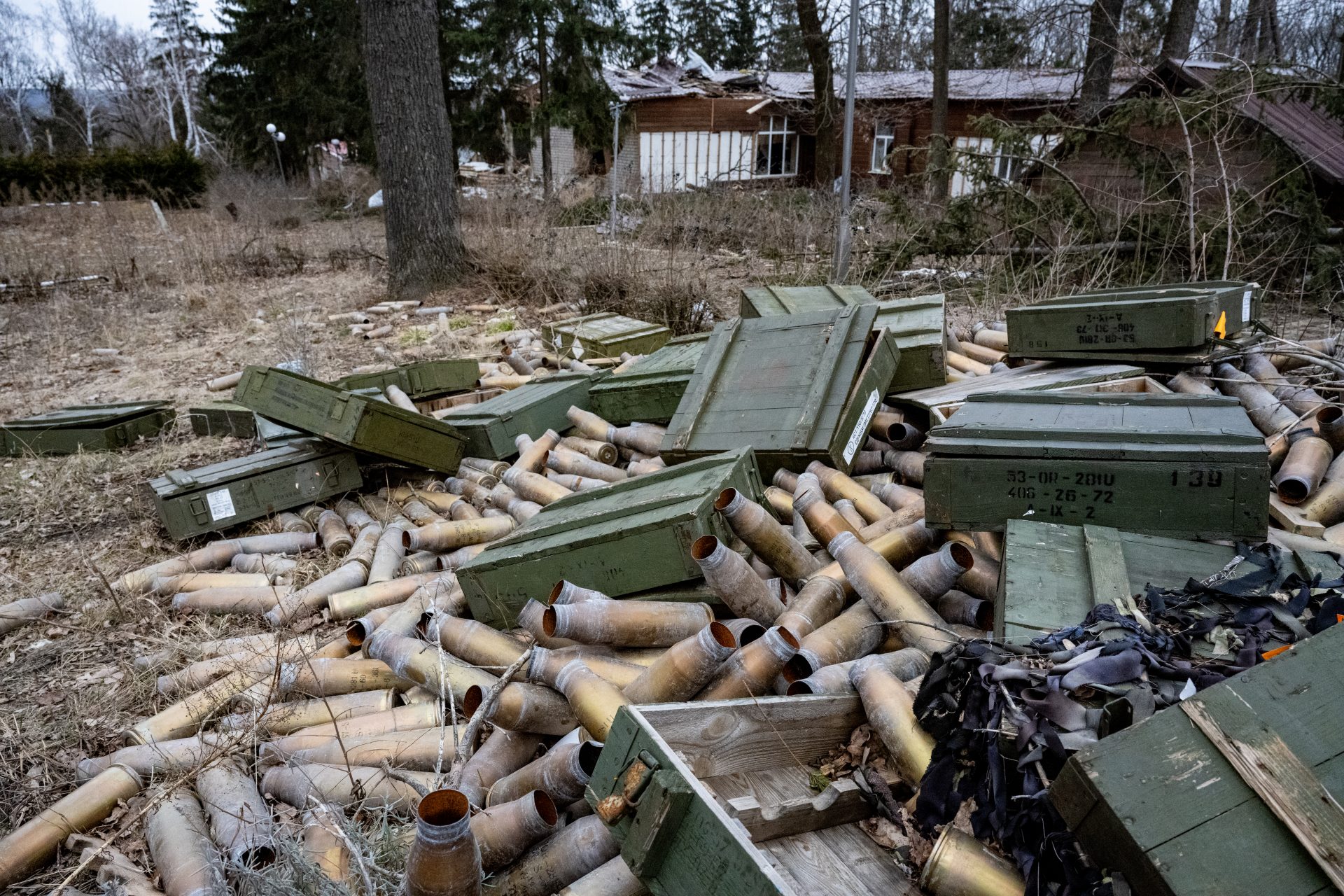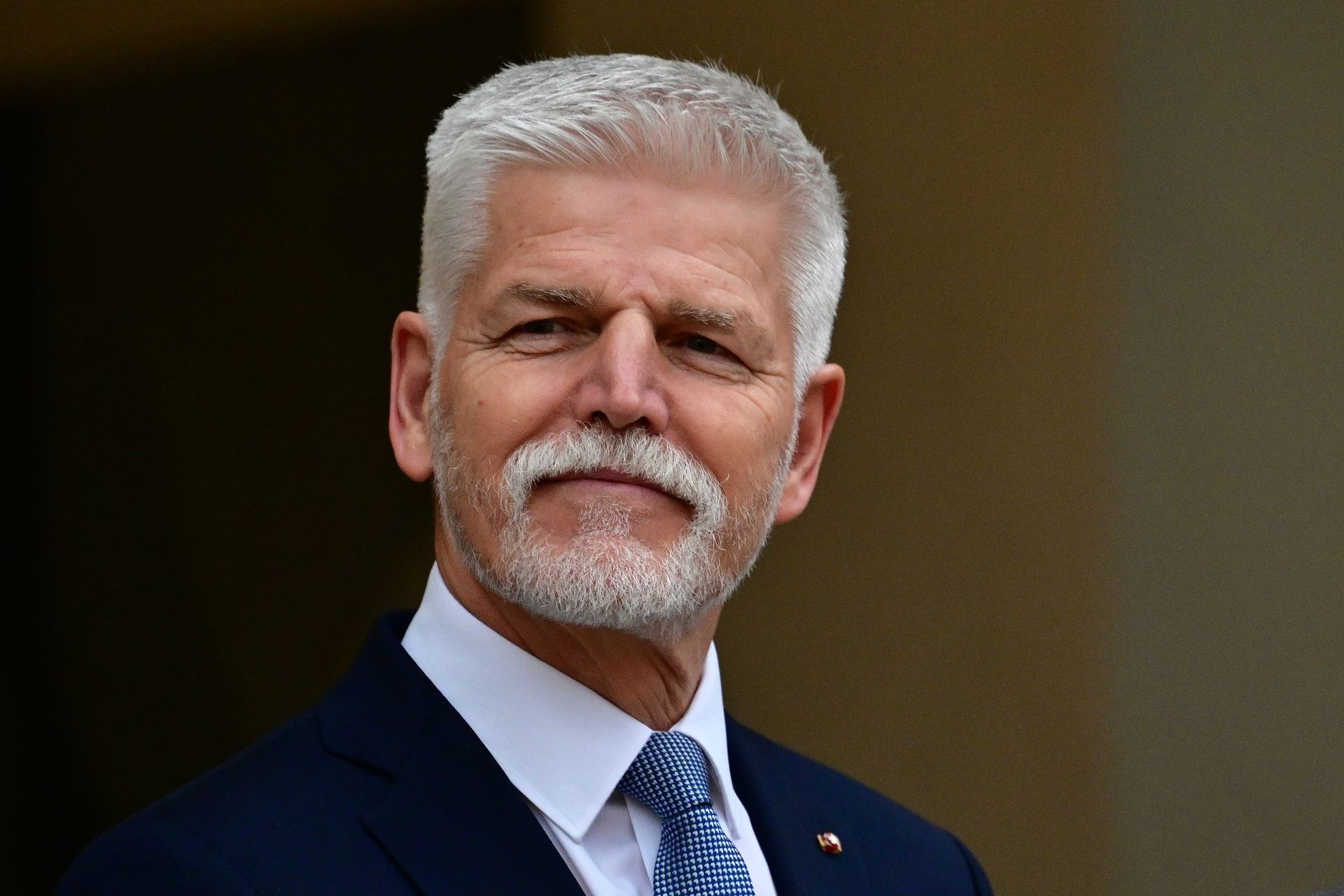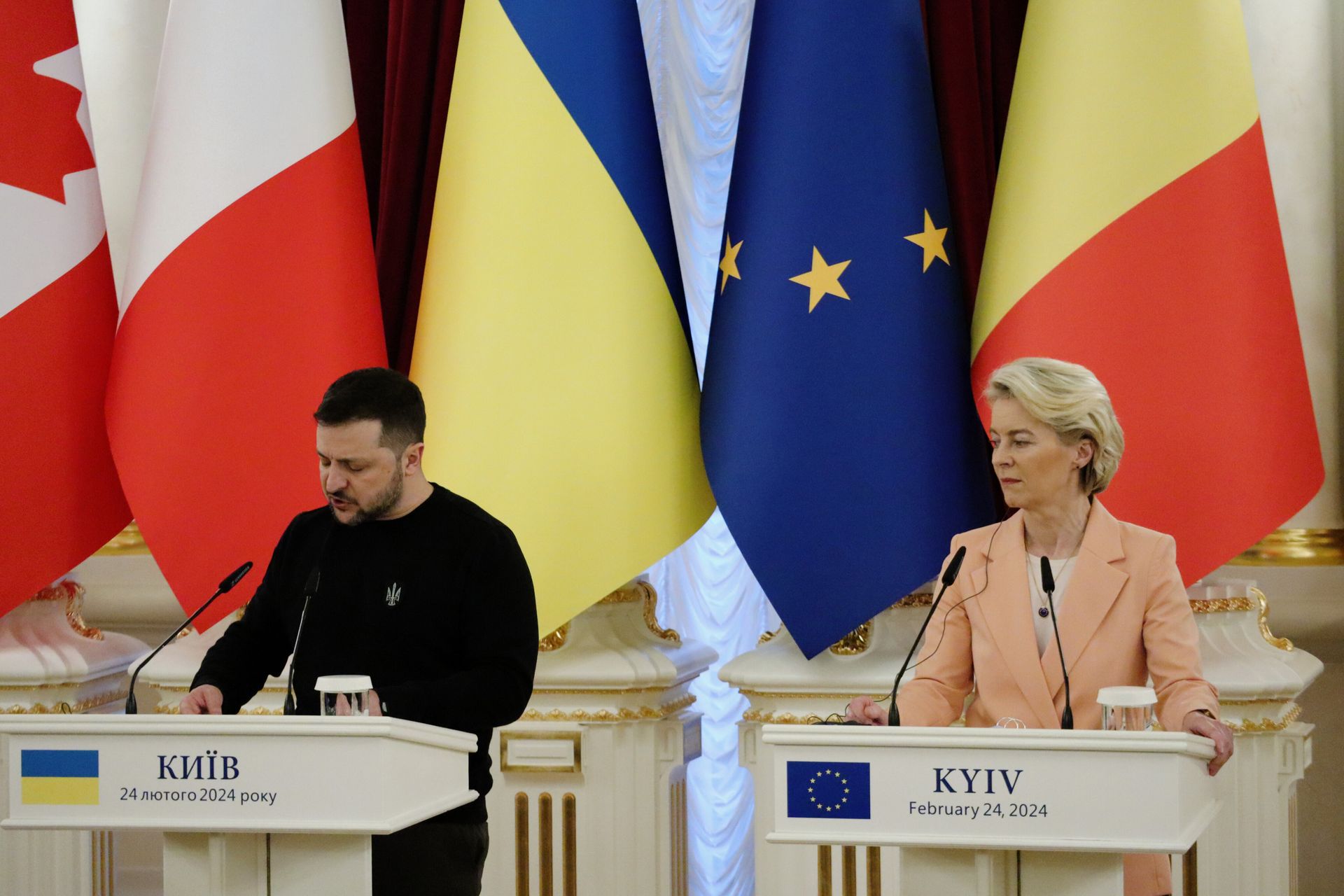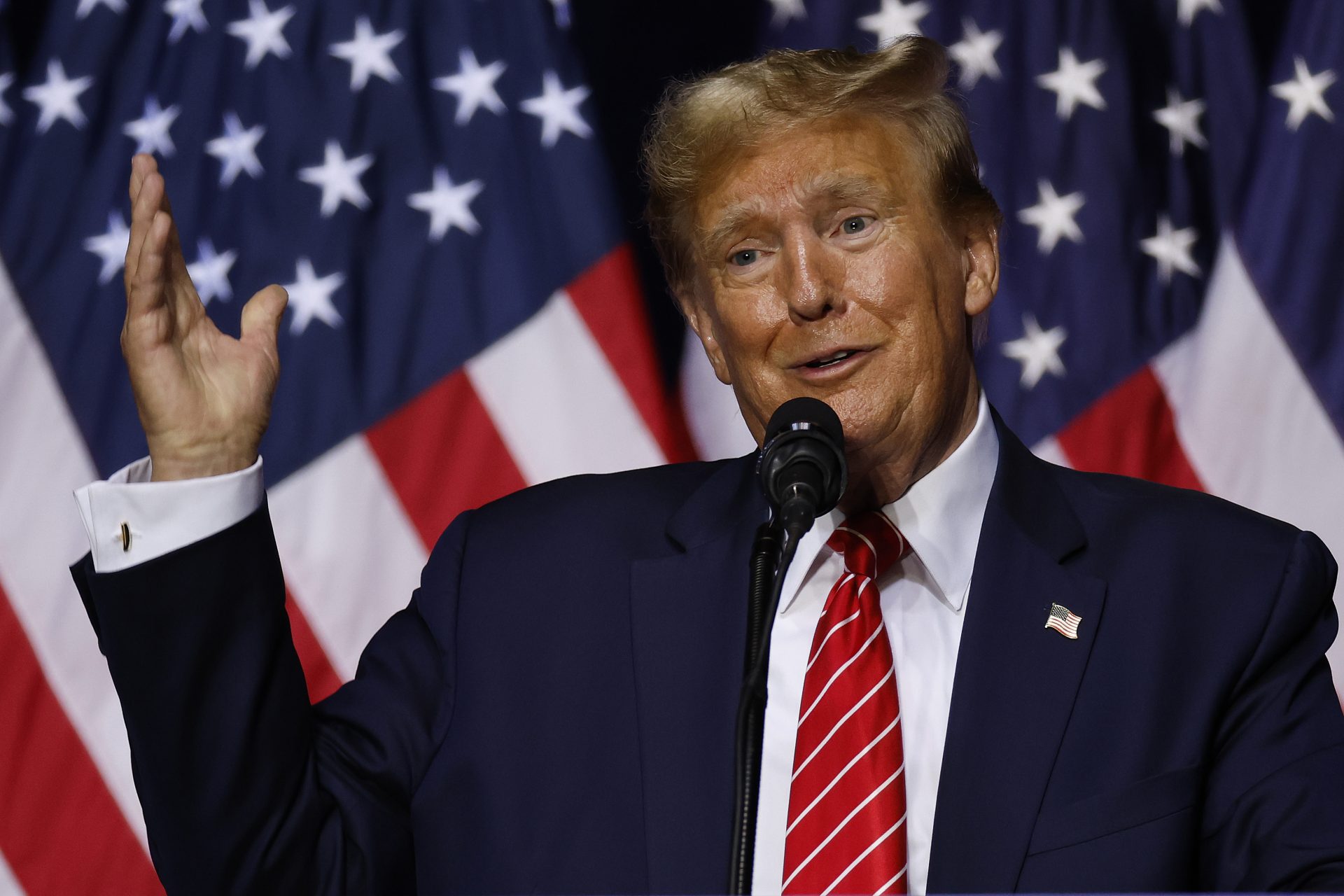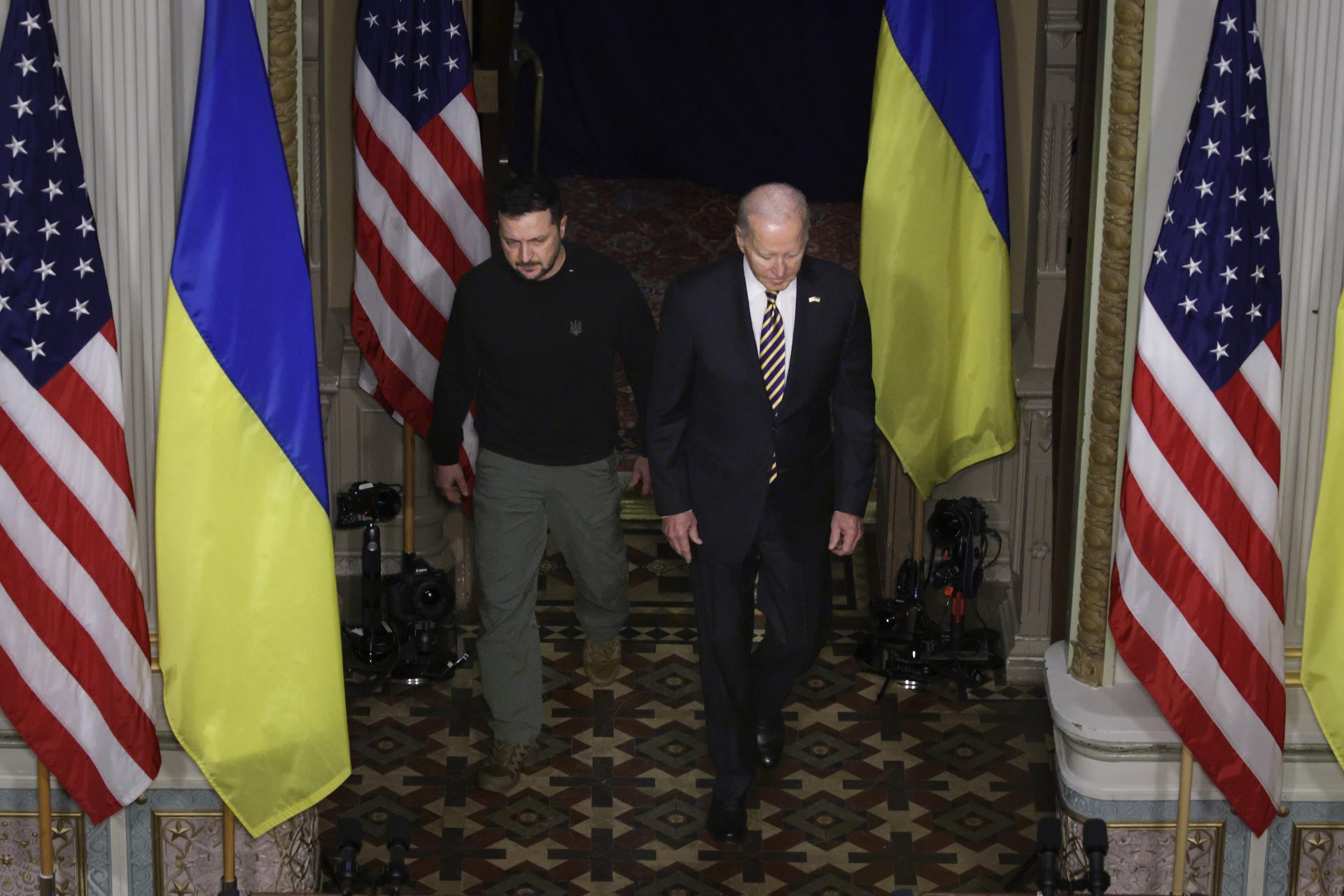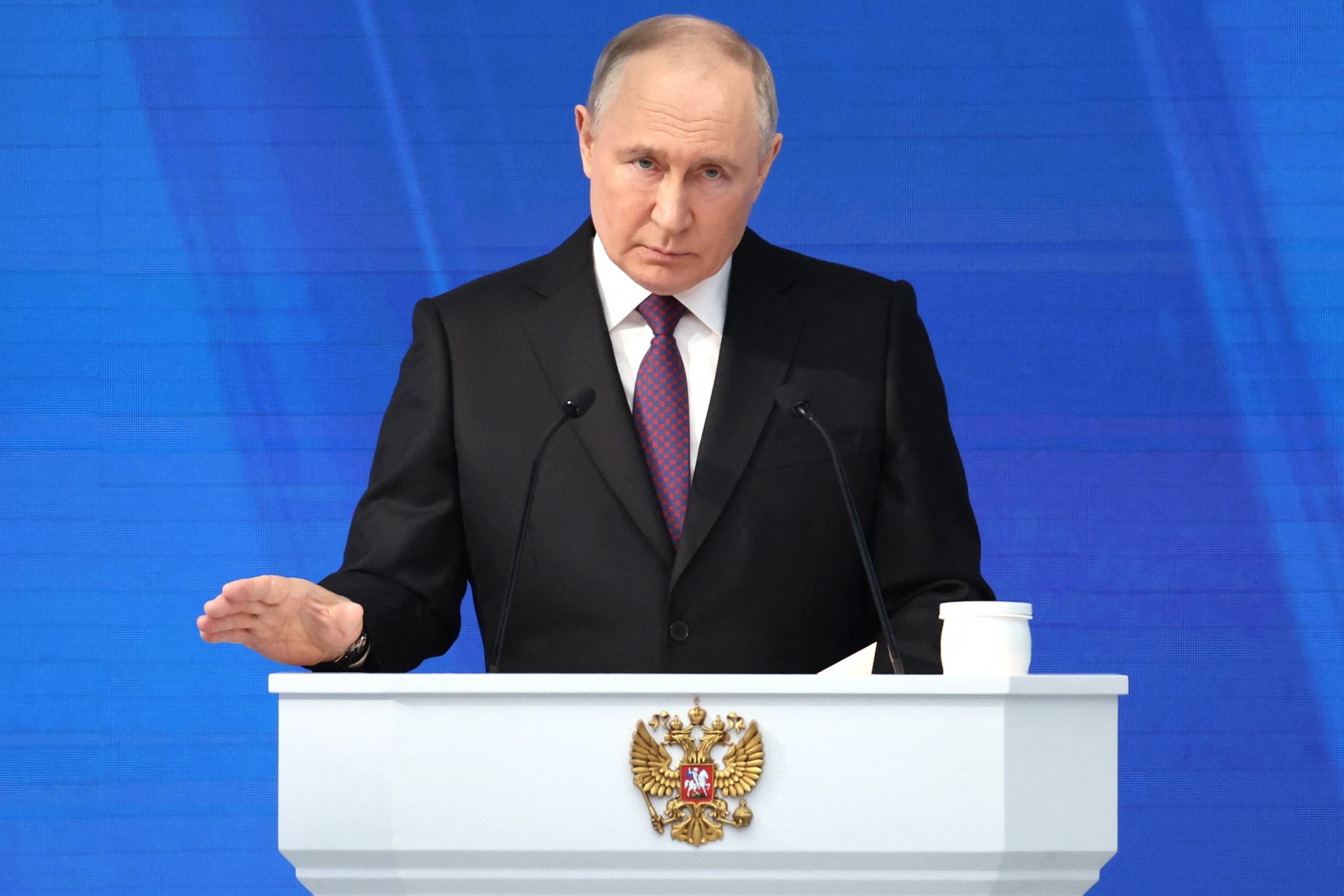European military aid to Ukraine: too little too late?
Paris and Kyiv have concluded a defense agreement valid for ten years to help Ukraine repel the Russian invader. The treaty was debated and approved in the French Parliament on Tuesday March 12, 2024.
The agreement commits Paris to providing military and financial assistance to Ukraine, which could take the form of arms deliveries or the training of Ukrainian soldiers in France, reports the French media outlet 'Les Échos'.
Furthermore, the treaty provides for industrial and technical cooperation, with priority given to “the protection of strategic infrastructure, including by military means”.
Finally, the agreement includes "security assistance and modern military equipment in the land, air, sea, space and cyber domains", prioritizing air defense, artillery (including long range) and armored vehicles.
In addition to the aid provided by the European Union, bilateral aid paid to Ukraine by France amounted to 1.7 billion euros in 2022, then 2.1 billion last year. The objective for 2024 is 3 billion euros, notes 'Les Échos'.
The Ukrainian President, Volodymyr Zelensky, wanted to be reassuring with regard to French opinion worried about a possible military escalation: “your children are not going to die in Ukraine”, he declared in an interview with at 'Le Monde' and 'BFMTV'.
On March 7, France had already concluded a bilateral agreement with Moldova which provides for direct military aid in the event of destabilization or aggression of this country by Russia.
The French President, Emmanuel Macron, therefore confirms his more proactive posture in the face of the Russian threat. Last February, he publicly considered sending ground troops to Ukraine.
However, the French position is weakly supported in Europe. Only a small number of states, such as Lithuania, have opened the door to sending troops to Ukraine, according to an analysis by the French magazine 'Le Grand Continent'.
France's main European partner, Germany, has ruled out such an eventuality. “There will be no troops on the ground, no soldiers sent either by European states or by NATO states on Ukrainian soil,” declared Chancellor Olaf Scholz, quoted by 'France Info'.
Berlin also refuses to deliver long-range Taurus missiles to Ukraine, despite pressing requests from Kyiv to obtain this equipment.
"Many people who say 'never' today were the same people who said 'never tanks', 'never planes', 'never long-range missiles' two years ago", reacted the French president in press conference, targeting Germany without naming it.
“I remind you that two years ago, many around this table said: ‘We are going to offer sleeping bags and helmets’”, said Emmanuel Macron. Disagreements between European states over the Ukrainian conflict seem to have never been so strong!
At the level of international organizations, the European Union and NATO have spoken out against sending soldiers to Ukrainian soil, as indicated by 'L'Opinion'.
This lack of consensus has not stopped Kyiv from recently concluding bilateral agreements with other European states, such as Germany, the United Kingdom, Italy and the Netherlands.
Furthermore, a coalition of 27 countries (EU member states except three of them, the United Kingdom, the United States and Canada) has committed to supplying shells to Ukraine.
The delivery will cover a total of 800,000 units, covering the needs for four months of the Ukrainian army, currently greatly outnumbered on this type of equipment.
Former NATO general, Czech President Petr Pavel said that "the munitions could be delivered to Ukraine in a few weeks", the necessary funds having been raised, as reported by 'Les Échos'.
Other projects are underway, such as Kyiv's cooperation with Western defense industries, the interoperability of Ukrainian forces with those of NATO and the still distant prospect of membership in the European Union.
This attempt at a European revival comes at a time when the unknown is greater than ever on the other side of the Atlantic, with the possibility of Donald Trump's return to the White House becoming more likely every day.
The former Republican president does not hide his desire to disengage the United States from the Russian-Ukrainian conflict, while his country is by far the leading supplier of arms to Ukraine, with a cumulative amount of 42.2 billion dollars. euros from the start of the conflict to January 2024, according to 'Statista'.
Between the differences among European states, the possibility of an American withdrawal and Russia's now assumed aggressiveness, the current period is one full of dangers! Will Ukraine manage to turn the situation around on the military front?
More for you
Top Stories



